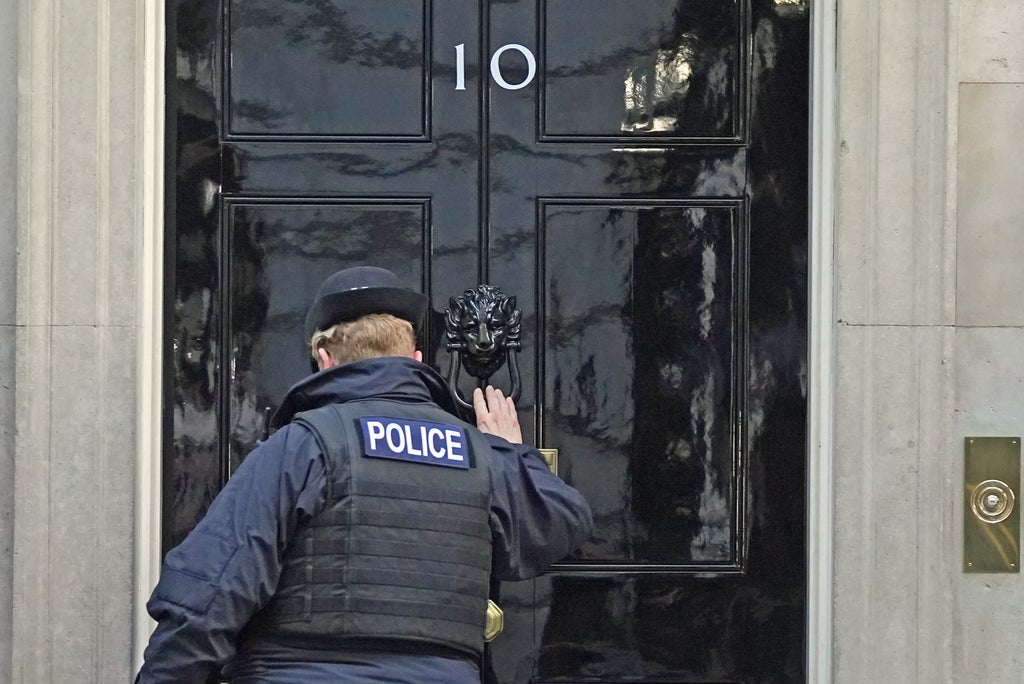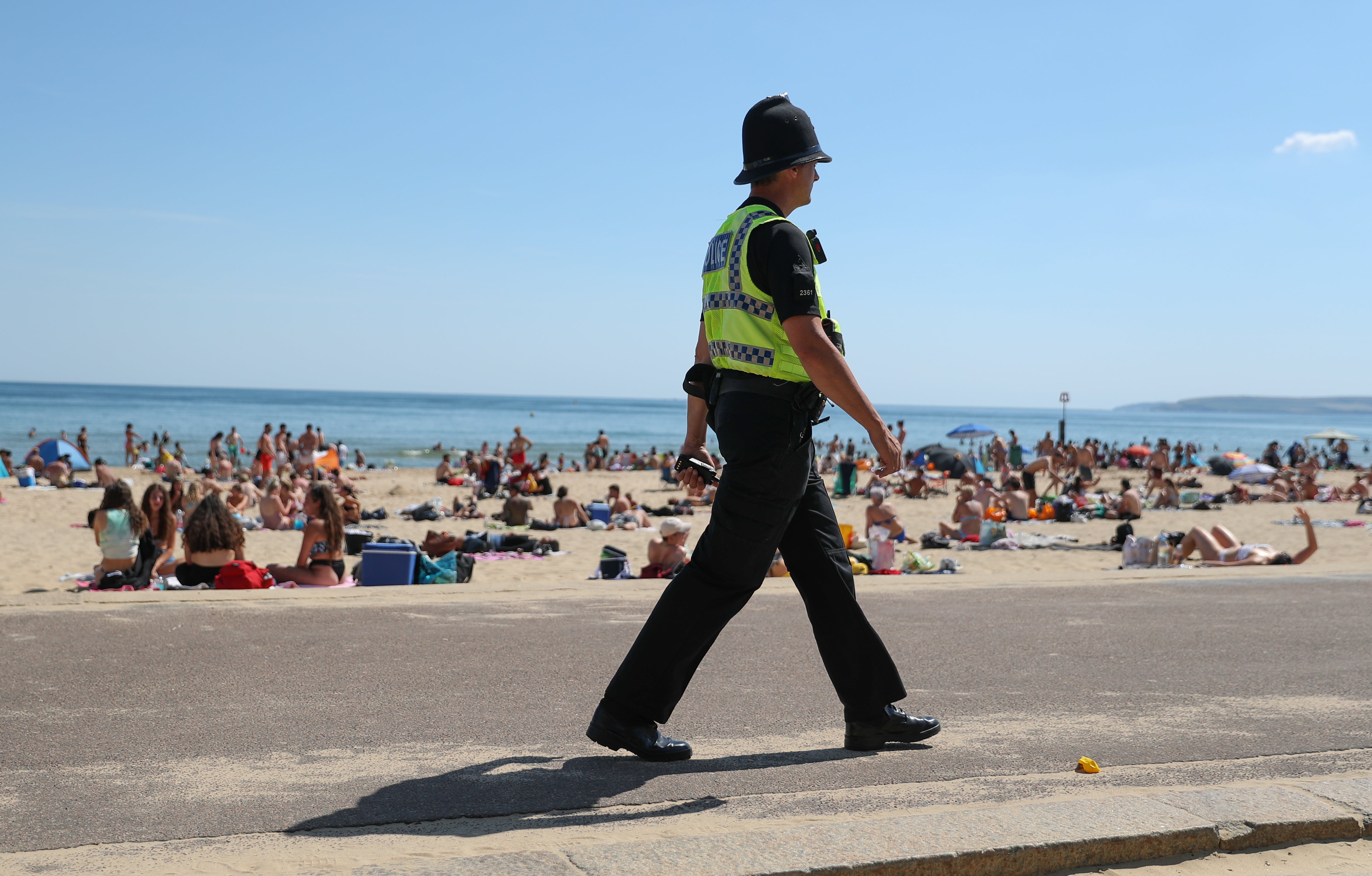
Scotland Yard has launched an investigation into potential breaches of coronavirus laws at a “number of events” in Downing Street and Whitehall.
But the development raises questions over what will happen as a result of the criminal probe.
– What were the rules?
The laws changed several times during the coronavirus pandemic when there were allegations of parties taking place.
At the time of the May 20 2020 Downing Street garden party, which the Prime Minister admitted attending but insisted he thought was a work event which could “technically” have been within the rules, the law in England still required people to have a reasonable excuse to leave their home and people could only meet one other person from outside their own household at a time in a public space or for exercise.
By June 19 2020, when a birthday party for Boris Johnson is said to have taken place and Downing Street admitted staff “gathered briefly” in the Cabinet Room after a meeting, groups of up to six people were allowed to meet outdoors but indoor gatherings remained against the law although there were exemptions “if reasonably necessary” for work purposes.

– What were the penalties?
Lockdown fines rose to £100 in England on May 13 2020 and could be issued to anyone believed to be breaching restrictions on movement amid the coronavirus outbreak.
While anyone found breaking the law would have had their first fine lowered to £50 if paid within 14 days, the penalty doubled for each repeat offence, up to a maximum of £3,200.
– When was the last time Number 10 was investigated by the police?
During the cash for honours scandal which dominated Tony Blair’s last year in power.
In July 2007 the former Prime Minister, who was quizzed three times by officers, welcomed the decision not to prosecute anyone over the claims.
The police probe into the alleged sale of peerages ended an announcement from the Crown Prosecution Service that there was insufficient evidence against any suspect to secure a conviction in court.
– How long will The Met’s criminal probe take?
Metropolitan Police Commissioner Dame Cressida Dick would not specify which parties were under investigation and was not able to say how long the investigation could take.
But she said she did not anticipate any difficulty in obtaining the evidence necessary “in order to get to the right conclusions”, adding that the force will provide updates on its progress at “significant points”.
The cash for honours investigation took about 16 months and cost around £1 million.
– What about the Sue Gray inquiry?

The senior Cabinet Office civil servant’s inquiry will pause investigating or publishing any party allegations that the police are inspecting but is free to publish other matters, Downing Street suggested.
The Prime Minister’s official spokesman said: “It’s up to the investigation team when they publish, it’s my understanding they are able to publish the aspects that aren’t a matter for the police.”
But pushing ahead with publication only on the less contentious matters may provide a false picture about the extent of any wrongdoing or problems with the culture in government uncovered during her work.
Sources close to the inquiry suggested Ms Gray was now looking at her options, with no guarantee that she will publish anything while the police are looking into it.
– Why would the police investigation prevent publication?
Publication of official reports and other inquiries can often be delayed until a police investigation, court case or inquest is concluded, typically to avoid the risk of prejudicing a jury if a trial was to take place.
But, in this instance if police investigate under the provisions of the coronavirus regulations then there would be little risk of prejudice as the penalty for breaching lockdown rules is a fixed penalty notice and highly unlikely to result in a prosecution and court case.
Human rights barrister Adam Wagner, who has spent the pandemic interpreting complex coronavirus laws and explaining them to the public on social media, said he saw “no legal reason” why it should not be published.
– What else could happen?
Some lawyers have questioned whether the incidents may be examples of malfeasance or misconduct in public office or neglect of duty.
If police consider such offences that could lead to a prosecution on more serious charges which may result in a prison sentence.
There is also speculation over whether the probe could open the door to possible action for perverting the course of justice, if officers discover those involved lied or tried to conceal evidence.







